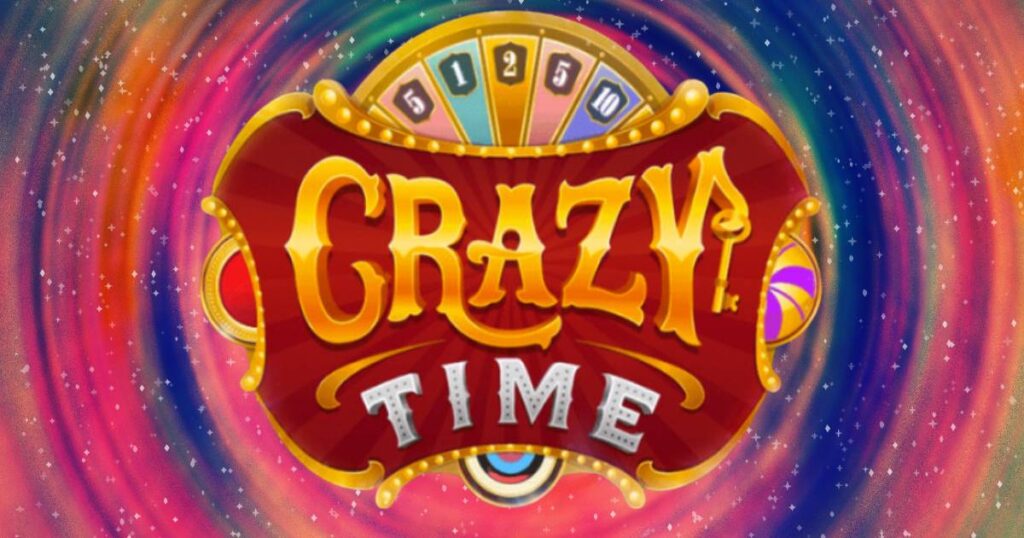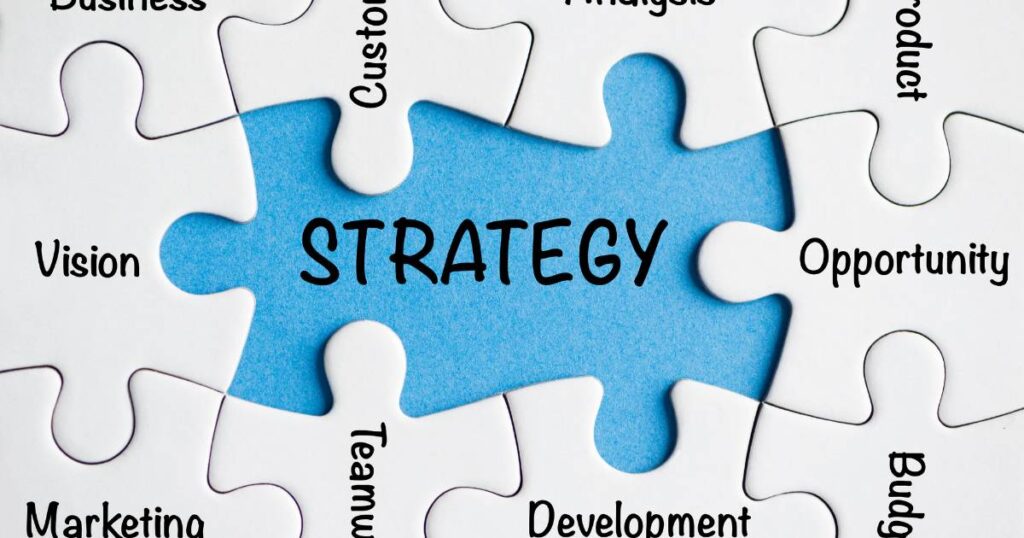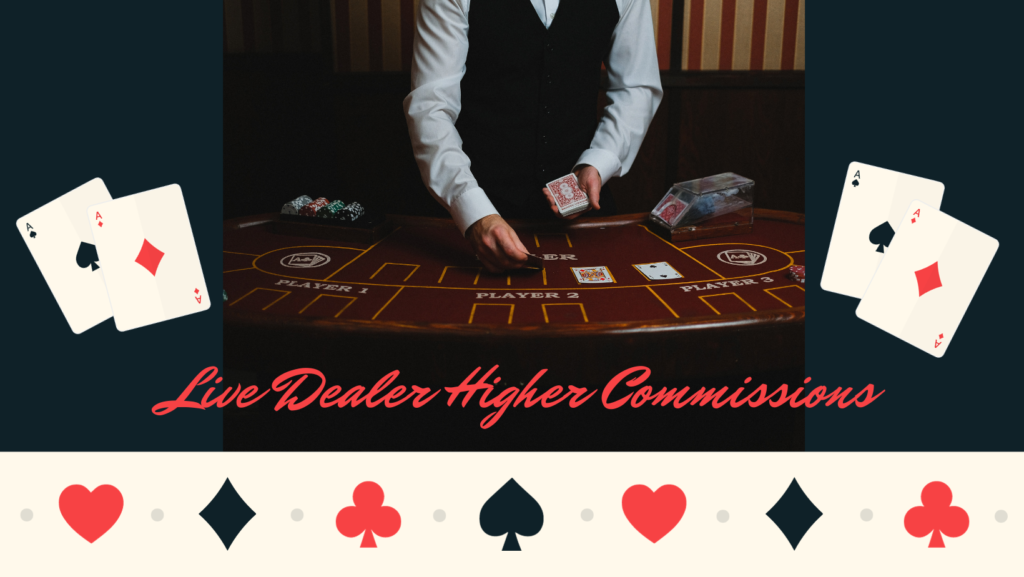Deal or No Deal, the iconic television game show, has been an enduring source of suspense and entertainment for audiences around the world. Its format is deceptively simple: contestants choose briefcases, eliminate others, and negotiate with the enigmatic banker for cash offers.
Yet, it’s the heart-pounding final duel, when only two briefcases remain, that truly steals the spotlight. This blog post invites you to step behind the scenes and explore the intricate psychology at play during Deal or No Deal’s climactic endgame.
Table of Contents
From the contestants’ rollercoaster of emotions to the unspoken language of non-verbal cues and the gripping strategies employed, we’ll unravel the captivating mind games that make this show a timeless classic.
So, buckle up as we embark on a journey through the exhilarating world of Deal or No Deal’s final duel, where fortunes hang in the balance, and every decision becomes a psychological showdown.
The Psychology of the Contestants
As contestants approach the final duel of Deal or No Deal, their minds are a whirlwind of emotions, nerves, and high expectations:
- Emotional Rollercoaster: Picture the contestant’s rollercoaster ride through the game, with each decision impacting their fortunes. As they get closer to just two briefcases, the pressure mounts, and emotions swing wildly from hope to fear.
- Confidence and Composure: Confidence becomes the name of the game. To navigate this high-stakes phase effectively, contestants must exude composure and self-assuredness. Confidence can be a powerful ally in their psychological duel with the banker.
- The Fear of Regret: The fear of making the wrong choice and living with regret is an ever-present companion in the final duel. Contestants must grapple with this fear as they weigh their options.
The Power of Non-Verbal Communication
In Deal or No Deal, words aren’t the only way to communicate. Non-verbal cues become a vital part of the mind games:
- Silent Messages: Contestants often send unspoken messages to the banker through their expressions and body language. A determined look or a confident smile can convey a clear message without uttering a word.
- The Banker’s Offers: The banker, too, employs non-verbal cues. The tone of their voice, the timing of their offers – it’s all part of the psychological tactics aimed at influencing the contestant’s decisions.
- Gallery’s Reactions: The gallery, comprised of friends and family, communicates non-verbally too. Their cheers, gasps, or nods can impact the contestant’s choices, ratcheting up the psychological tension.
The Impact of the Gallery
The gallery, often comprised of close friends and family, is more than just a cheering squad; they’re integral to the psychological interplay:
- Emotional Backing: The gallery provides the emotional backing contestants need to stay strong. Their presence can boost confidence and determination, acting as a driving force during the final duel.
- Mixed Advice: However, the gallery’s advice can sometimes be a double-edged sword. Contestants must weigh their loved ones’ opinions against their gut instincts.
- The Gallery’s Emotional Rollercoaster: As the final duel unfolds, the gallery experiences its rollercoaster of emotions, further elevating the tension inside the studio.
The Thrill of the Unknown
Deal or No Deal’s final duel thrives on unpredictability:
- Suspense and Uncertainty: It’s the element of surprise that keeps viewers glued to the screen. Not knowing what’s in those last two briefcases creates a sense of suspense that audiences adore.
- Audience Engagement: The final duel often triggers strong reactions from the audience – gasps of disbelief, and cheers of encouragement. This heightened engagement adds to the show’s overall entertainment value.
- Our Love for Uncertainty: We humans are inherently drawn to uncertainty and the thrill of the unknown. The final duel taps into this fascination beautifully.
Deal or No Deal Strategy Guides: Navigating the Final Duel

In the high-stakes world of Deal or No Deal, where fortunes can change with the opening of a briefcase, contestants often find themselves grappling with a myriad of decisions during the final duel.
To make informed choices and maximize their winnings, many contestants turn to strategy guides that draw upon expert opinions and insights gleaned from past winners’ experiences.
In this section, we’ll explore vital strategies to assist contestants in the critical final duel.
1. Risk Assessment
One of the fundamental strategies in Deal or No Deal is risk assessment. Contestants need to weigh the potential rewards against the risks associated with each decision. Expert advice often emphasizes the importance of evaluating the remaining briefcases, considering the distribution of high and low values, and assessing the banker’s offers about the odds of holding a higher-value briefcase.
2. Banker’s Psychology
Understanding the psychology of the banker is another crucial element. Experts suggest that contestants should pay close attention to the banker’s offers, looking for patterns and trends.
Contestants can leverage this insight to negotiate more favorable deals or press on if they believe there are higher-value briefcases left to uncover.
3. The Impact of Gallery and Emotions
The role of the gallery, comprised of family and friends, cannot be underestimated. Experts advise contestants to maintain their composure and focus on their personal goals despite the emotional reactions from the gallery. However, contestants can also use the gallery’s reactions strategically by gauging their responses to offers and briefcase selections.
4. The Gambler’s Dilemma
For those contestants who are more inclined to take risks, the final duel can be a thrilling challenge. While past winners who embrace risk-taking may have secured grand prizes, there is also the potential for significant losses. Expert strategy guides often advise that contestants consider their own risk tolerance and financial goals.
5. Game Theory Insights
Game theorists have analyzed Deal or No Deal extensively, offering valuable insights into optimal decision-making. These insights include strategies like the “expected value” method, which calculates the average value of remaining briefcases to help contestants determine whether an offer is favorable.
Expert Opinions and Analysis
To truly grasp the psychological intricacies of Deal or No Deal’s final duel, it’s enlightening to seek expert opinions and analysis:
- Insights from Psychologists: Psychologists can illuminate the mental processes, decision-making strategies, and emotional tug-of-war at play during the final duel.
- Game Theory Perspective: Game theorists can provide insights into the strategies contestants employ, concepts like risk aversion, and the mathematical probabilities involved.
- Entertainment Industry Insights: Entertainment industry professionals can offer perspectives on how producers create and heighten the psychological drama of the final duel.
Real-Life Applications
The psychological strategies observed in Deal or No Deal’s final duel can be applied in real life:
- Handling High-Pressure Decisions: We’ll explore how the contestant’s experiences can provide valuable lessons in making high-stakes decisions and managing pressure in everyday life.
- Building Confidence: Contemplating the contestant’s confidence can yield insights into building self-assuredness and poise in real-world scenarios.
Conclusion
In summary, Deal or No Deal’s showdown is an electrifying arena for a battle of psychological fortitude, where contestants’ emotions, nonverbal cues, strategy, the gallery’s influence, and the allure of the unknown collide in a captivating confrontation.
Audiences are spellbound by the high-stakes clash of intellect, emotions, and strategic calculation that keeps us teetering on the edge of our seats. We’re not merely passive spectators in a game of chance; rather, we’re engrossed in an intriguing struggle of wills.
When you revisit this iconic event, you’ll see the showdown not as just a segment of a game show, but as a compelling test of determination that leaves us eagerly anticipating the outcome.
You can check our logs for more Casino Games related articles:
- Monopoly Unleashed: Dive Into The Minds Of Masters And Learn Winning Secrets
- Dragon Tiger’s Hidden Charms: The Thrill Of Intuition And Luck In Every Card
- Becoming A Wheel Of Fortune Jedi: Unleash The Power Of Knowledge
- From Boredom To Brilliance: Transform Your Casino War Experience With These Unconventional Twists
- From Novice To Pro: How ‘The Poker Almanac’ Can Transform Your Game
- Demystifying Xocdia Game Symbols: A Comprehensive Guide
- Transform Your Game: Top Strategies For Live Draw Success!
- Casino Big Six Blunders To Avoid: Your Ticket To A More Profitable Game
- Daily Jackpot Goldmine: Strategies To Cash In Daily Wins!
- Mastering Power-Ups In Online Fish Shooting Games
- How To Promote Live Dealer Casino Games For Dealer Higher Commissions
- Are You Making These Costly Bonus Mistakes At Online Casinos?
- The Best Mines Game Casino Today!








